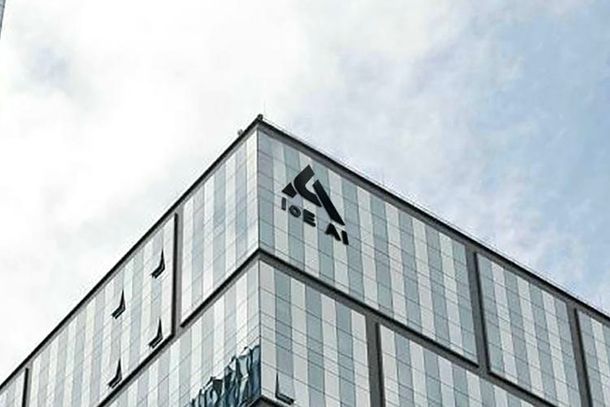AI and Copyright: U.S. Copyright Office Issues Long-Awaited Guidance

As artificial intelligence becomes a bigger part of creative work — from art and writing to music and design — one big question looms: can you copyright something made by AI? The U.S. Copyright Office’s latest report sheds light on when and how AI-generated works can qualify for protection. Here’s what you need to know:
Human Creativity Still Reigns
According to the Copyright Office, copyright protection belongs only to humans. In the U.S., the Constitution and Copyright Act make it clear that creativity must come from a human mind — not a machine. Courts have consistently rejected the idea that non-human creations, even those made by advanced AI, could be copyrighted.
How AI Can Support, Not Replace, Human Authors
The good news for creators using AI tools? If you’re using AI to assist — not replace — your own creativity, your work could still qualify for copyright protection. For example, if you use AI to brainstorm ideas, tweak designs, or enhance your original work, the human contributions you make are protected.
Copyrighting AI-Influenced Creations
If you input your own original work into an AI system, and it’s clearly recognizable in the final product, you can claim copyright over your parts of the work. Similarly, if you creatively select, arrange, or modify AI-generated material, the original aspects you add can be protected — but only if they meet the minimum standard of creativity.
Why Prompts Alone Aren't Enough
Simply writing a clever prompt for an AI program doesn’t make you the legal author of what the AI produces. The Copyright Office points out that AI outputs are often unpredictable, and prompts don’t show the kind of creative control needed to qualify for copyright protection.
Global Perspectives: Mixed Approaches
Other countries' approaches to this new challenge vary. Japan decides copyrightability case-by-case, China treats the AI user as the author, and the European Union demands significant human input. The U.S. is taking a cautious approach by sticking to traditional human authorship standards — at least for now.
Need help understanding how these new guidelines could impact your work or business?
Our team is ready to guide you through the evolving world of AI and copyright law. Contact us today to protect your creative edge.
Sources
Text: Allison, Annie. ‘U.S. Copyright Office Issues Highly Anticipated Report on Copyrightability of AI-Generated Works’. Reuters, 2 Apr. 2025. www.reuters.com, https://www.reuters.com/legal/legalindustry/us-copyright-office-issues-highly-anticipated-report-copyrightability-ai-2025-04-02/.